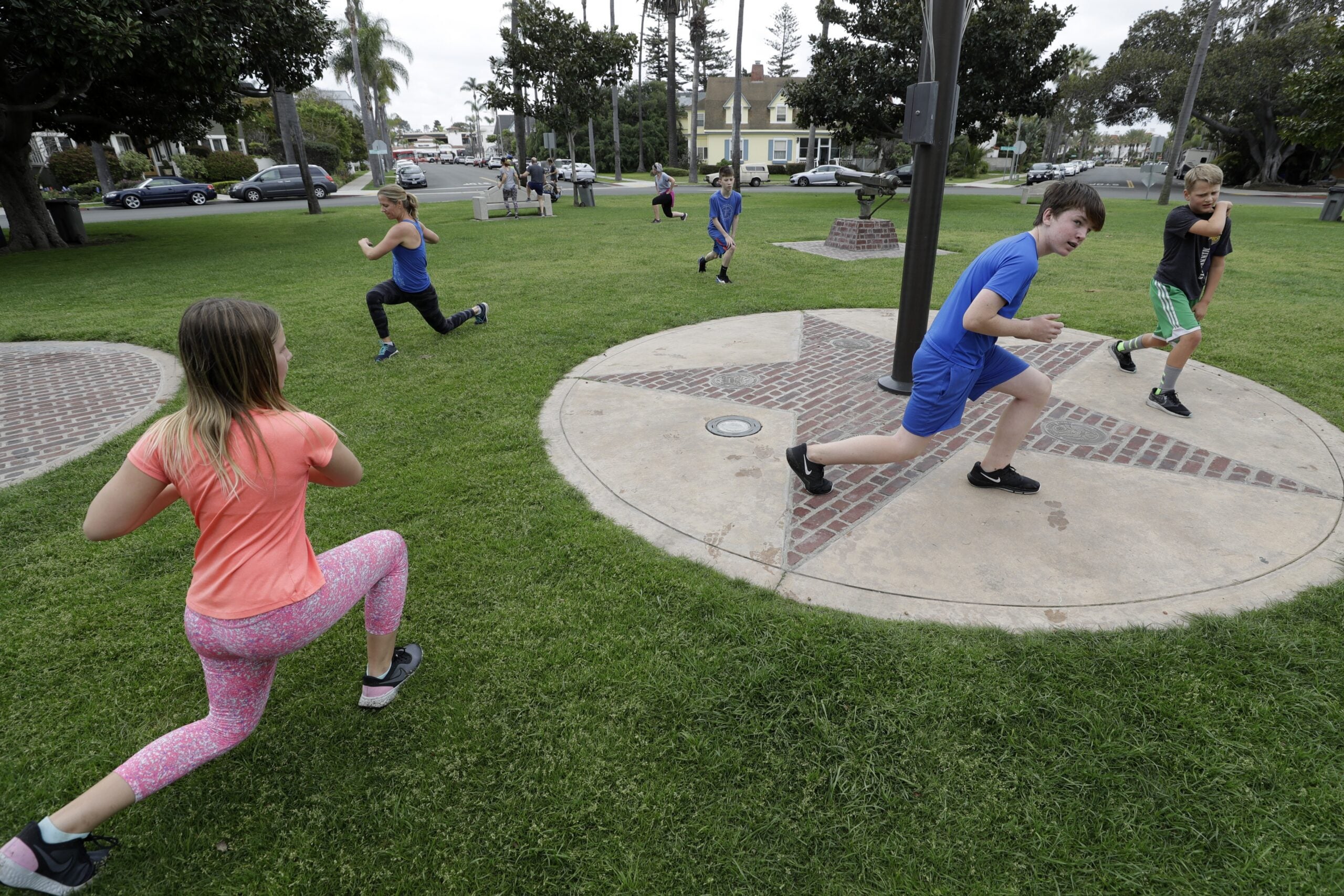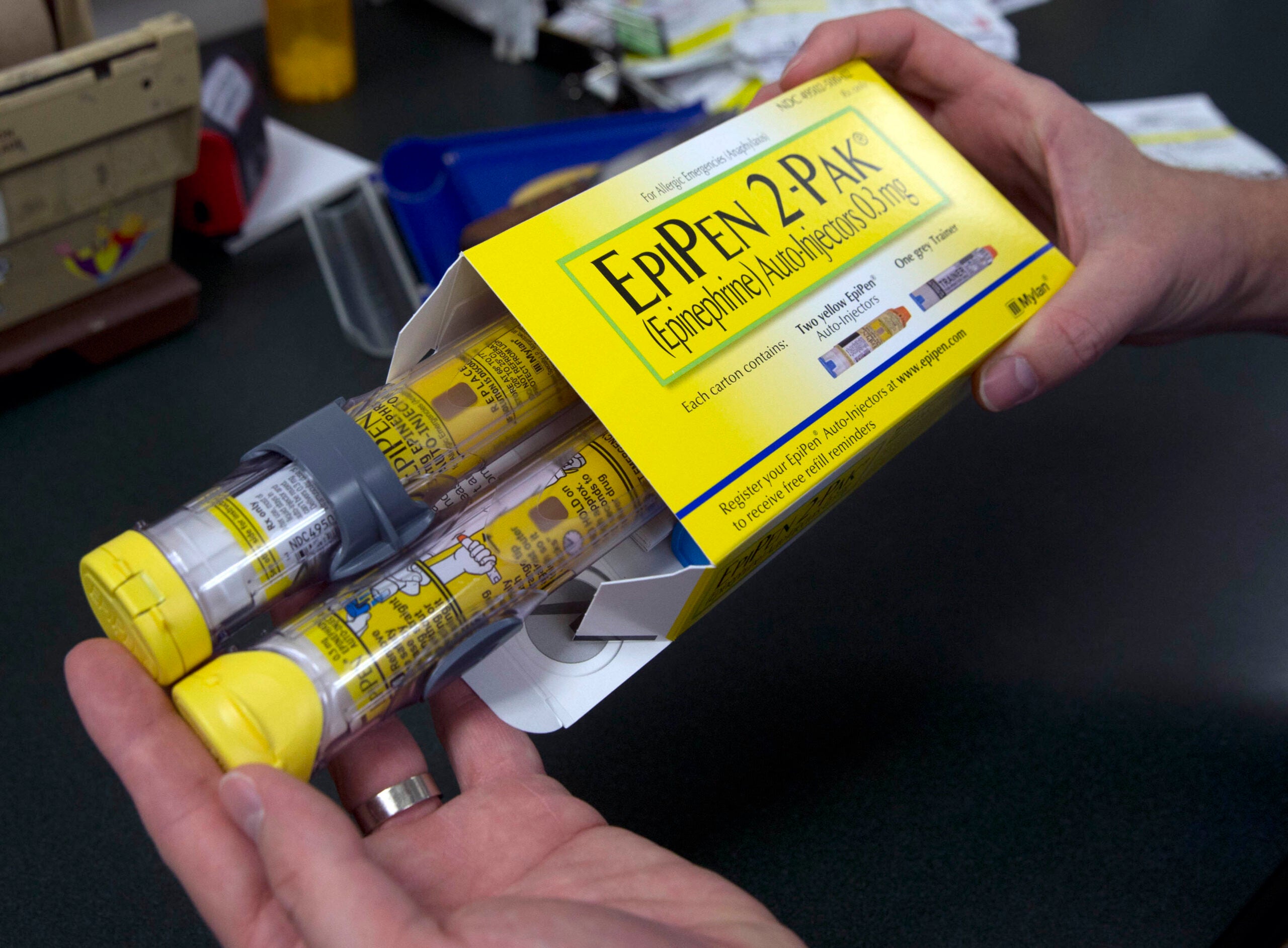A group of state lawmakers is hoping to reduce childhood obesity in Wisconsin through new legislation.
The Speaker’s Task Force on Childhood Obesity announced the package of bills at a press conference at the state Capitol on Tuesday.
The proposals include a new requirement that students in kindergarten through 8th grade complete at least 180 minutes of movement during the school week.
News with a little more humanity
WPR’s “Wisconsin Today” newsletter keeps you connected to the state you love without feeling overwhelmed. No paywall. No agenda. No corporate filter.
State law already requires physical education instruction three times per week for grades K-6 and once a week for 7th and 8th grades. But state Rep. William Penterman, R-Columbus, said at the press conference that the current requirement does not mandate actual movement.
“Instead of focusing purely on the academic section, perhaps on what is tennis, we’re going to actually get our kids playing tennis and moving as much as possible,” Penterman said.
Nearly 15 percent of Wisconsin children ages 2 to 17 years are obese, according to data from the University of Wisconsin-Madison’s School of Medicine and Public Health. The data show rates of obesity continue to climb until middle age, peaking at 47 percent of residents age 55 to 64.
“With obesity comes all kinds of inherent health problems,” said state Rep. Karen Hurd, R-Fall Creek, who chairs the task force. “So this is a situation that we want to address in our state.”
The task force also proposed creating a statewide nutrition incentive program for food assistance recipients.
The program gives extra money to FoodShare recipients for the purchase of locally-produced fruits and vegetables from farmers markets, community supported agriculture programs and other retailers.
At the press conference, state Rep. Alex Joers, D-Middleton, said nonprofits in Dane, Milwaukee, Brown and Eau Claire counties already provide these types of nutrition incentives, which are often called “double dollars” or “market match.” He said making the funding available statewide will ensure all families have access to fresh foods.
“One main objective of the task force is to build healthy eating habits for our youth,” Joers said. “This legislation is a win for farmers, a win for healthy children and a win for local economies.”
He said Michigan and Ohio are among a handful of states that already have these statewide incentive programs.
Lawmakers have also proposed a new $5 million grant program through the state Department of Health Services to support existing efforts to address childhood obesity.
Hurd said the program would be open to counties, school districts and community organizations, and would require a private sector match.
“When we can loop in the private sector, then we can make our grant program stronger so that we can scale it up and expand it,” Hurd said.
She said lawmakers hope the new grant program will bring together these efforts, which she described as being “siloed” around the state.
Wisconsin Public Radio, © Copyright 2025, Board of Regents of the University of Wisconsin System and Wisconsin Educational Communications Board.







